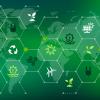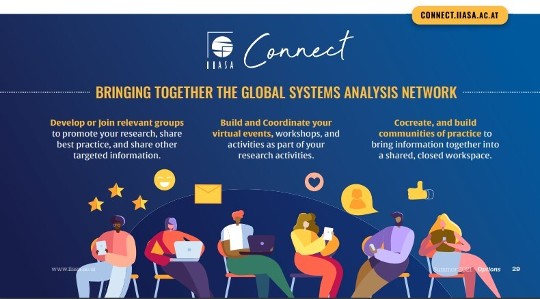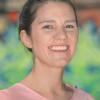
Options Magazine, Summer 2021: Ayelet Davidovitch was a postdoc in the IIASA-Israel Program from 2018 to 2019.
 © Ronyn Photography
© Ronyn Photography
During her time as a postdoc in the IIASA-Israel Program Ayelet Davidovitch developed policy-relevant scenarios to support identifying trade-offs and synergies related to the Israeli energy system transition that is expected to take place in the coming decades. The research was conducted in the former IIASA Energy Program in cooperation with the Israeli Ministry of Energy, the Israeli Ministry of Environmental Protection, and the National Economic Council, and aimed to support Israeli decision makers in answering questions related to energy policy and environmental protection. It directly addressed the vision of the Government of Israel to transition to renewable energy.
Davidovitch is currently a research scholar in the Porter School of Environmental Sciences at Tel Aviv University, where she focuses on the integrated assessment of energy economics, energy modeling, and climate change. More specifically, she is continuing the research she was involved in during her IIASA postdoc by exploring the interplay between consumer preferences for alternative fuel vehicles and energy supply, using the IIASA Message-Transport model (MTix) with modifications to country-level.
The research team includes senior researchers from the IIASA Energy, Climate, and Environment Program and Tel Aviv University. The project will support the readiness of the transportation sector for new, upgraded energy technologies and facilitate the formulation of policies to encourage the use of alternative fuel vehicles.
“My time at IIASA significantly impacted my career. The unique atmosphere and international cooperation allowed me to develop my research and academic capabilities during my postdoc. My on-going collaboration with the IIASA Energy, Climate, and Environment Program is special. Everyone shares the same vision and is dedicated to the mission. This truly creates a family environment where everybody is there for each other,” she concludes.
By Monika Bauer
 © IIASA
© IIASA
